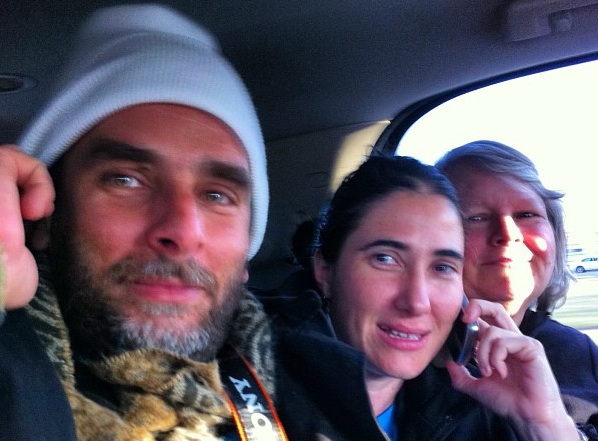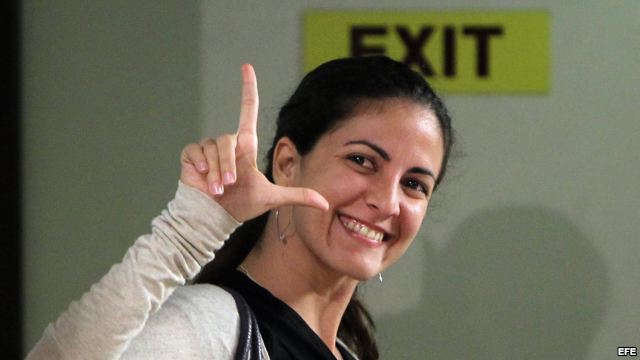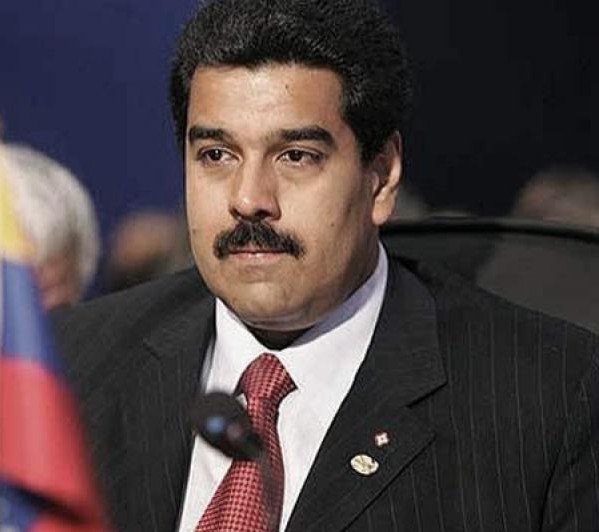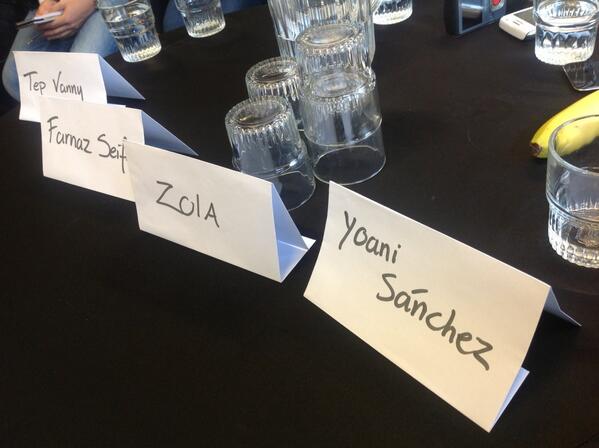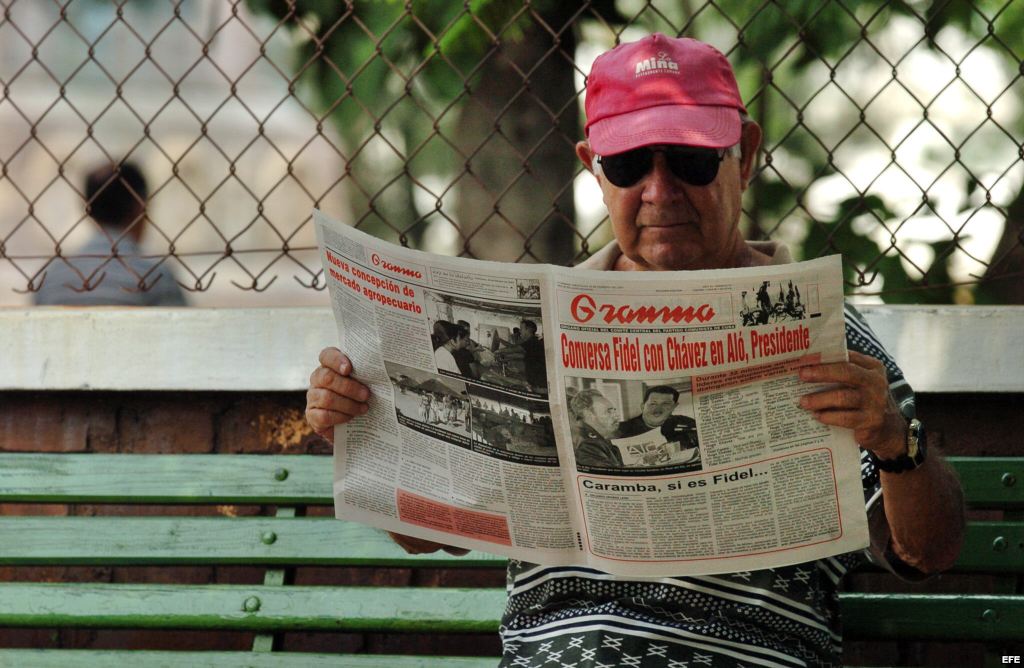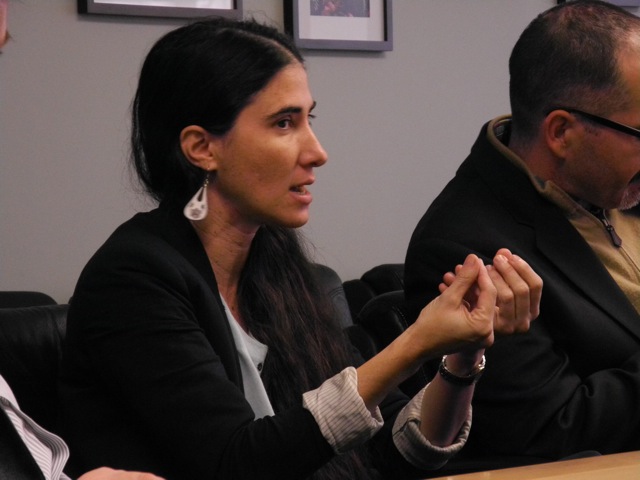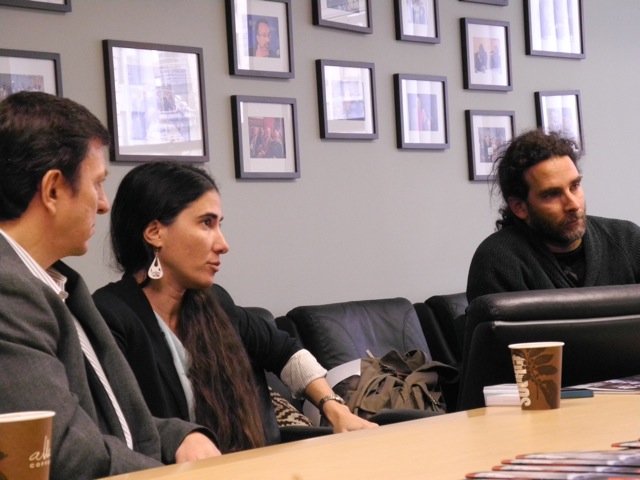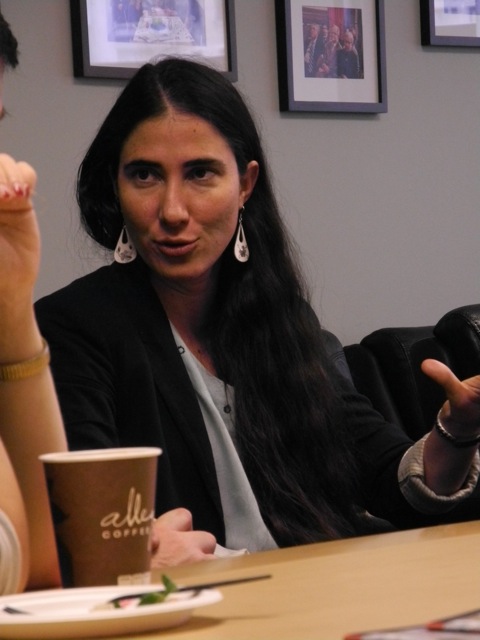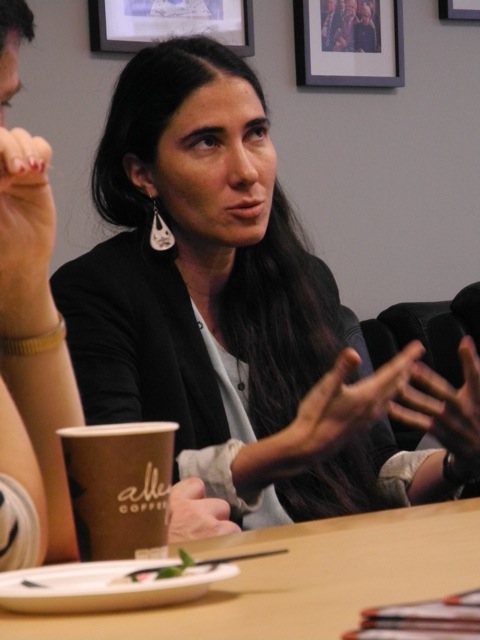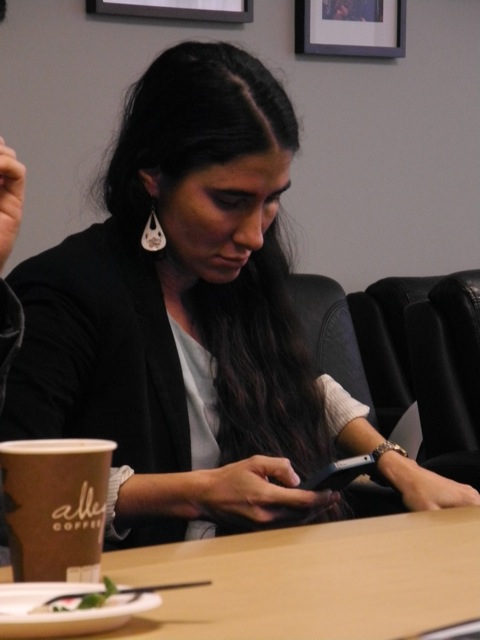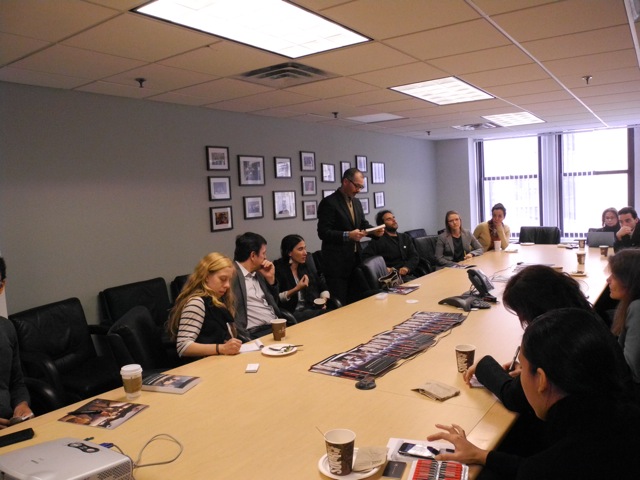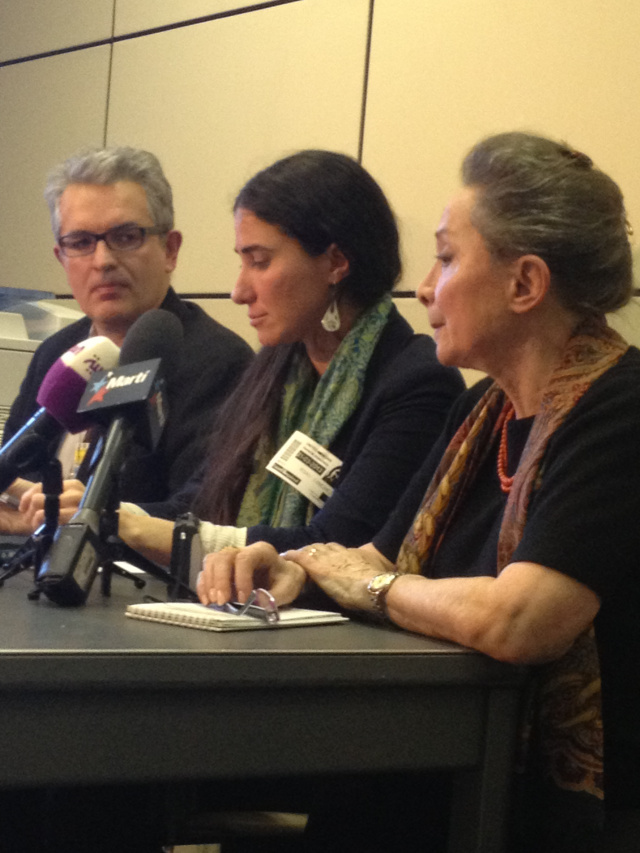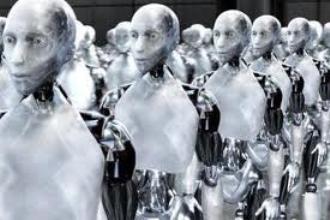According to the official results of the “elections” held on Sunday, February 3 of this year, 1,249,832 Cubans, “14.22% of all voters,” did not go to the polls or cast invalid ballots in a clear display of their rejection of the Cuban electoral system.
The number of people behaving in this way has been growing over the last few elections. In 2003 the total of these two categories (non-voters and those who cast invalid ballots) was 506,453, or 6.09% of the electorate. In 2008 it was 657,119, or 7.73%. In the most recent elections, however, it rose to 1,249,832 Cubans, or 14.22% of the electorate, almost double the number from the previous balloting.
The most notable thing about this jump was the number of people who decided not to vote. In 2003 193,306 people abstained, 2.35% of the voters. In 2008 the figures were 264,212, or 3.11%. In 2013 the number rose to 790,551, 9.21%, nearly three times as many as in 2008.
To not vote “in a society without civil or political rights, under almost total state control and with only one constitutionally recognized party” is the most daring option.
In Cuba, where the only option is to approve the candidates chosen by the Candidacy Commissions — committees made up of leaders of mass organizations, whose own statutes declare them to be subordinate to the Communist Party — not voting is proof that the Government has lost the popular consensus. The results, therefore carry a clear lesson and are a message that the Cuban authorities should take to heart. To ignore this would lead to an inability to govern.
The reason behind the results is that it is really the Candidacy Commissions which choose the deputies who make up the National Assembly of the People’s Power. These deputies then choose the Council of State and its president as well as the president of the Council of Ministers. The latter then chooses the members of the Council of Ministers itself. As a result the National Assembly and the government are really determined by the powerful Candidacy Commissions. This explains why many Cubans decide not to vote to such a degree that abstentions now account now nearly 15% of the Cuban electorate. This is three times the number of members in the Communist Party. It also shows that the so-called elections in Cuba have little bearing on the difficult living conditions of the thousands and thousands of Cubans who live outside the law or who choose to leave the country.
Faced with a profound structural crisis like the one threatening Cuba, the election results are confirmation that is impossible to limit change to certain aspects of society. Therefore, in spite of the government’s persistence in ignoring the subject of a multi-party system, reality has succeeded in bringing it to the forefront. The election figures confirm the existence of a non-conformist segment of society that is demanding a political role. It is made up of Cubans who lack the right of free association and the right to participate in deciding the fate of the nation. How is it possible to justify the existence of a single party when almost 15% of voters do not respond to its call?
Social development does not exclude but rather implies a multi-party system as the natural expression of a diversity of ideas and interests. It is the mechanism by which citizens express themselves politically. The nation is a community of people who are diverse but equal in dignity. They are looking for a common good for which full economic, civil, political and cultural rights and responsibilities are essential. Therefore, the restitution of the right of association and the depenalization of political differences are necessary for Cubans to be able to play their corresponding active and decisive role in the changes to come.
In The Social Contract Jean Jacques Rousseau wrote that the union of persons to defend and protect their well-being emanates from a general will that transforms the parties to the contract into a collective political body. The exercise of this will confers power, which is referred to as sovereignty, and the party exercising it is sovereign. Based on this sovereign status, the people choose officials to carry out the general will and temporarily invest them with a mandate to propose and effect laws, and to preserve citizens’ liberties. In other words elections are a manifestation of popular sovereignty.
The violation of the constitutional order in Cuba, which occurred in 1952, gave rise to an insurrectional movement which overthrew the dictatorship in 1959. On January 8 of that month the leader of the revolutionary movement swore that he would hold elections in the shortest period of time possible and restore the constitution of 1940. However, several days later and without popular consultation, the nation’s Magna Carta was replaced with the Basic Law of the Republic of Cuba. By virtue of this Law, which was in force until the adoption of the constitution of 1976, the Council of Ministers assumed all legislative power and constitutionally affirmed one-party rule. From then until today “elections” have been carried out under this policy of exclusion in which the people cannot directly elect the president of the republic. This amounts to a clear rejection of our historic legacy.
The current system, which limits direct vote by the people to delegates for municipal assemblies, is one of the main causes for the indifference of those who do not take part or who cast invalid ballots. It is an efficient system for holding on to power, but useless for advancing the changes that society demands. All these issues emphasize the need to introduce a multi-party system and to carry out the corresponding changes to the constitution.
Published in DiariodeCuba.com
8 March 2013

